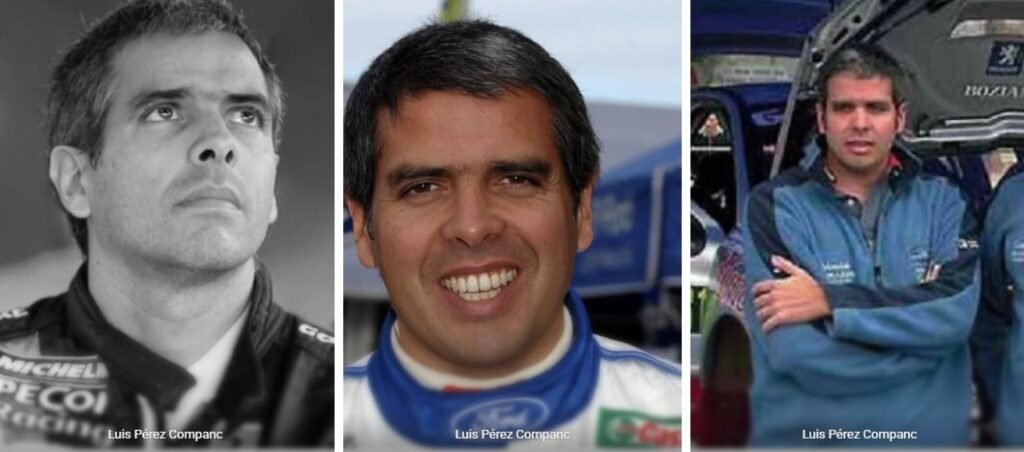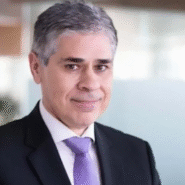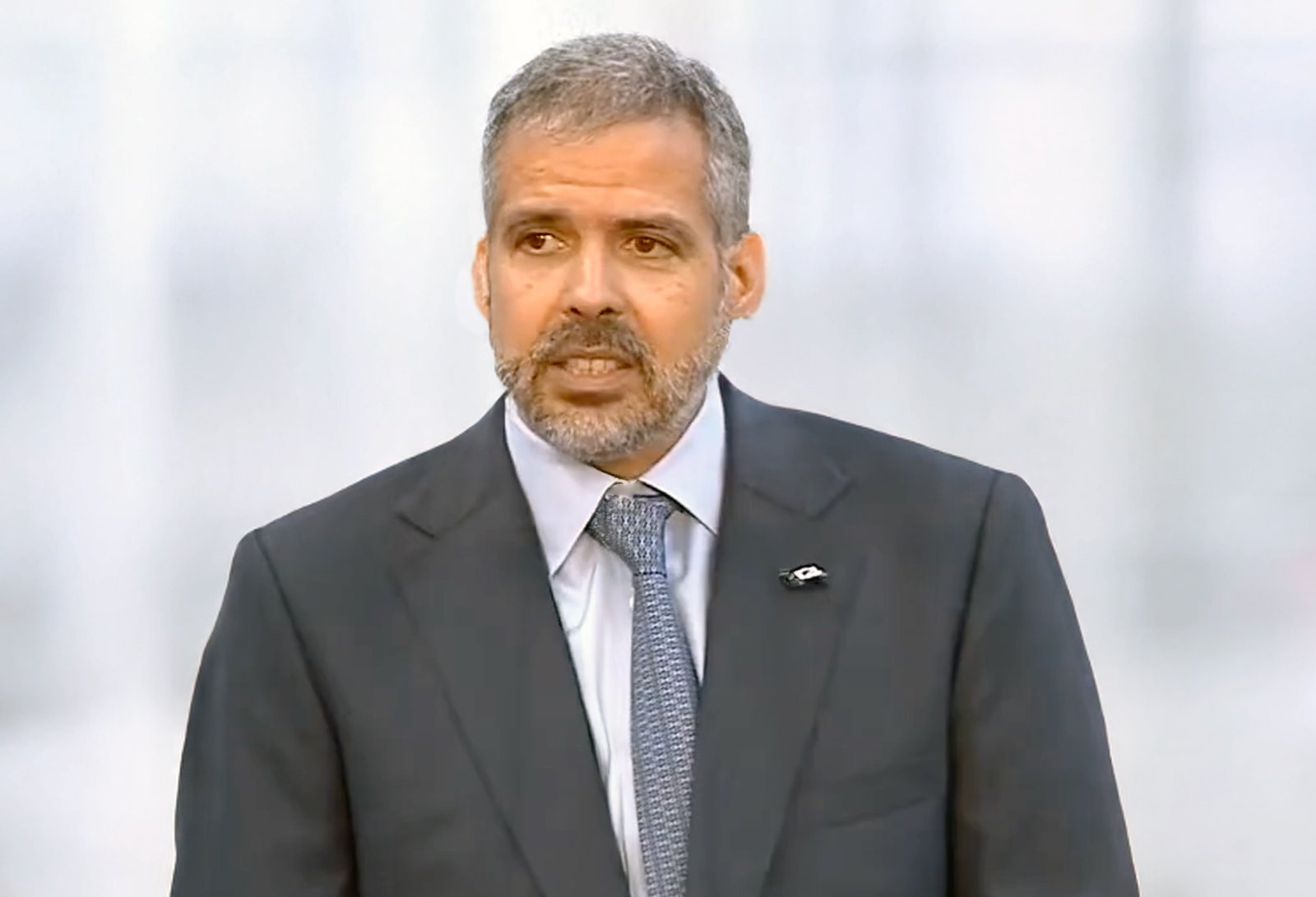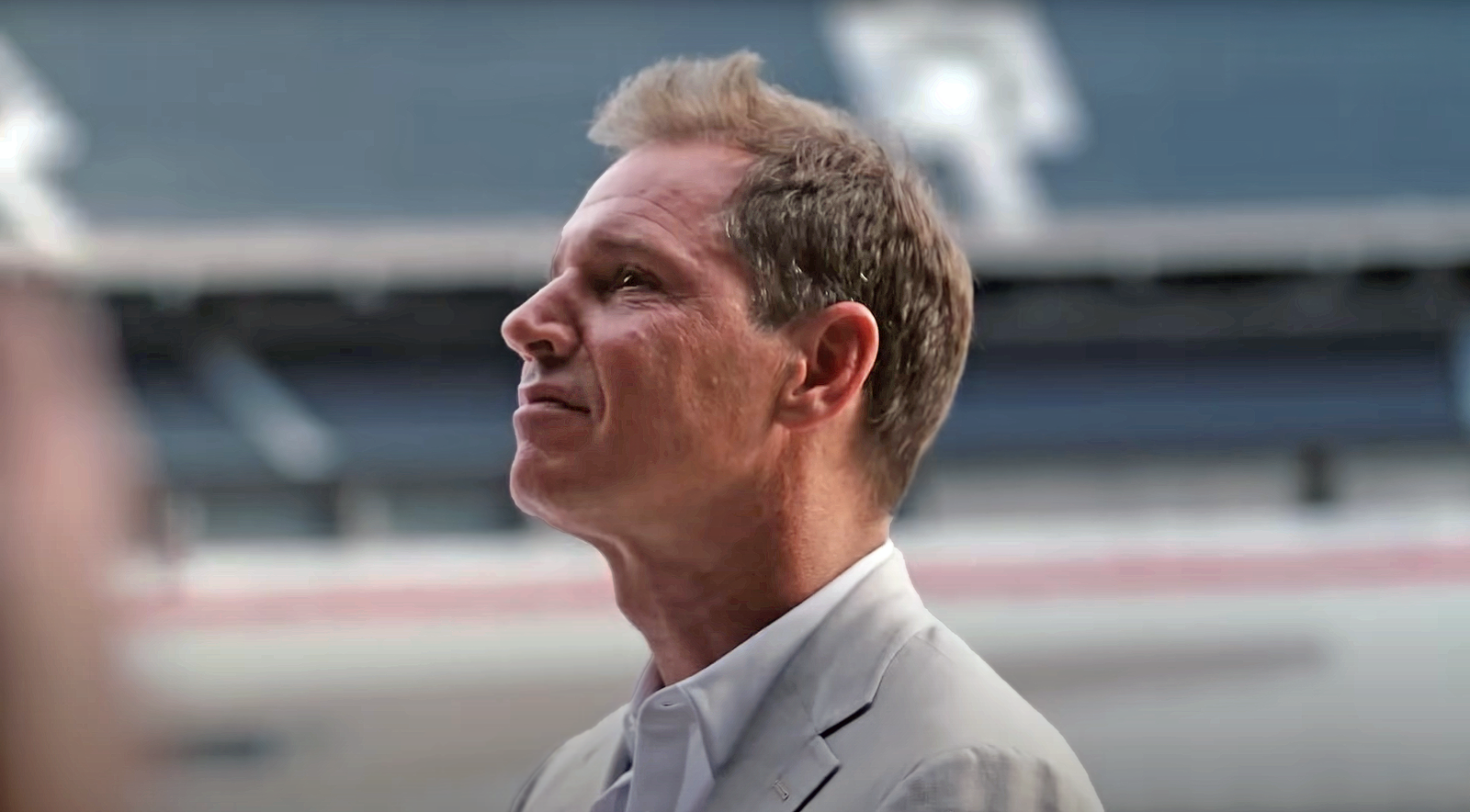He is the son of Gregorio “Goyo” Pérez Companc, a renowned Argentine businessman who built one of the country’s most important economic groups from the late 20th century. As his father gradually stepped back from the group’s operations, Luis assumed increasingly strategic executive roles until taking over the overall leadership of the holding.


Regarding his education, Luis Pérez Companc was trained in business management and administration, although no specific academic degree has been officially disclosed. His professional development took place within the group itself, where he progressively held operational, managerial, and eventually leadership positions. He complemented this hands-on experience with training in management and corporate governance, aligning himself with professionalized and long-term management models.
Since 2003, he has chaired Molinos Río de la Plata, one of Argentina’s leading food companies. In 2015, he became chairman of Pecom, a company focused on energy and infrastructure services. In 2016, he led the spin-off of Molinos Agro as an independent unit oriented toward the export of agricultural commodities. These three companies now form the operational core of the holding.
In addition to his business side, from 2001 to 2010 he was a professional race car driver. He competed in the World Rally Championship (WRC) and endurance races such as the 24 Hours of Le Mans and the 12 Hours of Sebring, racing with top-level teams like AF Corse.
In 2024, following the group’s shareholder reorganization, he consolidated operational and strategic control of the holding, strengthening his institutional leadership. His management style is distinguished by a focus on efficiency, sustainability, professional decentralization, and long-term vision.
He is regarded as one of Argentina’s most relevant businessmen today for his ability to transform inherited structures into modern and competitive organizations. He maintains a low public profile but has high economic influence.
Luis Pérez Companc is one of the most influential figures in contemporary Argentine business.
Current status of Luis Pérez Companc
In an often adverse economic and political environment, he has managed to consolidate his leadership over a business group with strong presence in strategic sectors such as food, agribusiness, and energy services.
His leadership of the Pérez Companc Group combines a legacy of traditional management with a modern vision based on efficiency, diversification, and sustainability.
He currently serves as president of Molinos Río de la Plata, Molinos Agro, and Pecom Servicios Energía, three companies with very different organizational structures and sectoral challenges, reflecting his cross-sectional leadership capacity.
Luis Pérez Companc has prioritized professionalism and decentralization as pillars of corporate management.
Under his leadership, the group has maintained a solid financial position, with companies that operate profitably and have increased their market share in highly competitive sectors.
His role is that of a strategic coordinator working with highly qualified professional teams, defining investment policies, operational restructuring, and expansion focused on sustainability.
The group’s current positioning, which represents multibillion-dollar revenues, reflects prudent management oriented to long-term value generation—both economic and social.
Corporate trajectory
Luis Pérez Companc’s business career began within the family group, in mid-level positions that allowed him to gain a deep understanding of the operations of diverse businesses.
His training was built from direct experience in key areas such as finance, procurement, commercial strategy, and industrial development.
In 2003, when he assumed the presidency of Molinos Río de la Plata, he began consolidating a managerial profile based on results, operational restructuring, and brand repositioning.
In 2015, he was named president of Pecom, a company focused on industrial energy services.
There, he deepened his strategic focus on critical infrastructure sectors such as oil, gas, electricity, and industrial telecommunications.
In 2017, he led the spin-off of Molinos Agro, marking a turning point in the group’s history.
The separation of consumer food and agribusiness allowed for specialized management in each business unit, increasing the global competitiveness of the holding.
His journey has been marked by structural decisions requiring technical capacity, future vision, and strong alignment with changes in the global economic environment.
His trajectory is not centered on public exposure, but on the quiet work of transforming organizational structures, integrating technology, strengthening human teams, and defining investment horizons.
Molinos Río de la Plata: transformation and leadership
Molinos Río de la Plata is one of the most emblematic companies in Argentina’s food industry, with more than a century of history.
Luis Pérez Companc’s management at the helm of the firm has been characterized by organizational reengineering aimed at strengthening brands, optimizing processes, and increasing profitability without sacrificing quality.
Under his leadership, the company carried out a portfolio transformation: it exited non-strategic businesses and focused on profitable, high–value-added units.
The focus was placed on product innovation, modernization of production lines, and automation of industrial processes.
Molinos strengthened iconic brands such as Matarazzo, Lucchetti, Granja del Sol, Gallo, Exquisita, and Don Vicente, consolidating its leadership in categories like pasta, flour, rice, snacks, and frozen foods.
Intensive work was also done to reduce financial debt, allowing for restored maneuvering capacity and increased investment in logistics, sustainability, and digital platforms.
Organizational culture was also part of the transformation.
A participatory, meritocratic leadership model based on measurable objectives was promoted.
Hierarchical structures were redesigned and business intelligence tools were incorporated for decision-making.
This evolution transformed Molinos into a much more agile, resilient, and results-oriented company, ready to compete in a globalized and changing environment.
Molinos Agro: strategy in export markets
Molinos Agro is one of the most strategic assets of the Pérez Companc Group.
Created as a spin-off from the food unit, its creation responded to the need to focus efforts on a globally driven industry: agribusiness.
Luis Pérez Companc understood that the business of soybean crushing, oil and by-product production, and international trading required a differentiated structure, with its own governance and specific technical capabilities.
Since 2017, the company has operated as one of Argentina’s leading grain and by-product exporters.
Its industrial plant in San Lorenzo (Santa Fe) has one of the country’s largest soybean crushing capacities, with port facilities offering direct access to the Paraná River and integrated logistics and storage systems.
Pérez Companc’s leadership enabled the consolidation of strategic relationships with producers, cooperatives, logistics companies, and global clients.
The company invested in traceability systems, quality control, and commercial intelligence tools for operations in demanding markets such as Asia, Europe, and the Middle East.
The commitment to technical talent and the use of advanced technologies (such as trading algorithms and predictive market analysis) positioned Molinos Agro as a reference in efficiency, scale, and global competitiveness in Argentine agribusiness.
Pecom: energy diversification and industrial services
Pecom Servicios Energía is the group’s company dedicated to providing industrial and technological solutions in critical infrastructure sectors.
Under the presidency of Luis Pérez Companc, it has been transformed into a comprehensive service provider for the oil, gas, electricity, and industrial telecommunications industries.
Its business model is based on the integration of engineering, maintenance, logistics, installations, and applied software development.
Luis led a transformation that included investments in fleets, technical training, predictive maintenance systems, and remote monitoring platforms.
The company works with clients such as YPF, PAE, Total, Tecpetrol, and Shell, in operations that require high standards of quality, safety, and regulatory compliance.
Pecom has also developed electric energy services through medium- and high-voltage networks, substations, and transmission lines.
Its diversification has allowed for greater operational stability and exposure to long-term projects.
The strategic focus is on process digitalization, operational sustainability, energy efficiency, and industrial safety.
Asset management and holding structure
In 2024, Luis Pérez Companc consolidated control of the group together with two core family shareholders.
This reorganization involved a simplification of the shareholder structure and greater clarity in strategic decisions.
The holding operates under a scheme of operational decentralization but with clearly defined central guidelines: sustainability, efficiency, productive investment, business ethics, and rigorous financial control.
The role of the board was strengthened and management was further professionalized.
The group’s companies report using ESG metrics, external audits, and meet international standards of corporate governance.
The asset strategy is based on systematic reinvestment of profits and diversification into long-term sectors.
Leadership style and business philosophy
Luis Pérez Companc maintains a strategic and technical leadership style, with operational delegation and strong control over key performance indicators.
He promotes a culture of data-driven decision-making, efficiency, and merit.
He avoids media prominence, focusing instead on sustained results.
His style combines planning, respect for professional teams, and a long-term focus.
He prioritizes growth with financial soundness and human development as part of corporate success.
Business vision and organizational transformation
Luis Pérez Companc’s business vision centers on anticipation.
He adopts technology not as a trend, but as a key tool to improve processes, reduce costs, and increase quality.
He promotes continuous training, openness to strategic alliances, and adaptation to global environmental and social regulations.
His group is in transition toward a digital culture without losing its industrial strength.
National and international projection of the group
The group remains based in Argentina but projects its services, products, and influence in key markets.
Molinos Agro exports to more than 45 countries.
Pecom participates in expanding energy projects across the region.
The expansion model is gradual, with low financial risk and a focus on strategic partnerships to ensure sustainable organization in complex and highly dynamic contexts.












